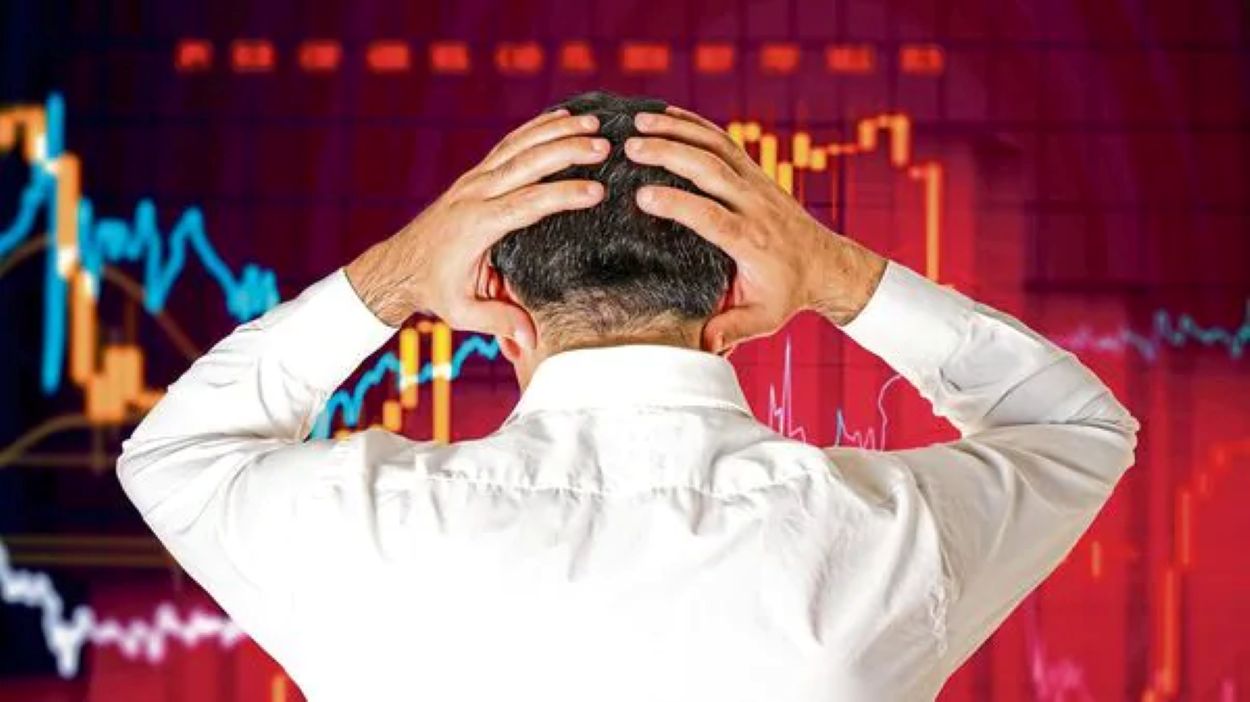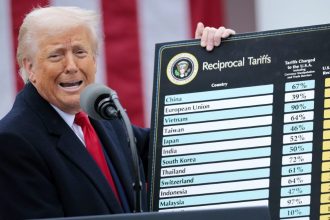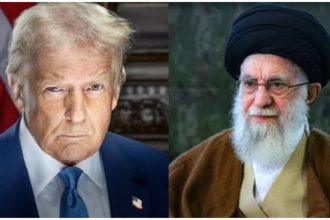Asian stock markets took a brutal hit Monday, April 7, as U.S. President Donald Trump’s “reciprocal” tariffs unleashed a global sell-off, stoking recession fears.
Japan and Taiwan took drastic measures to halt trading and prevent panic as their markets experienced significant declines. The Nikkei 225 futures in Japan triggered an 8% drop circuit breaker at 8:45 AM Tokyo time, resulting in a 10-minute trading pause. Meanwhile, Taiwan’s Taiex index plummeted by 9.8% at the opening, leading to a trading halt. As The Wall Street Journal reported, this turmoil suggests that the U.S. may consider rate cuts as early as May if economic uncertainties continue to escalate.
Asian #markets crater 4-10% as Trump’s #tariff induced meltdown continues to rage through global markets. The US president says he doesn’t want ‘things to go down’, but sometimes ‘you have to take medicine’. #EU likely to announce retaliatory measures today. #Nifty set to open… pic.twitter.com/rqpyihFDDb
— CNBC-TV18 (@CNBCTV18News) April 7, 2025The Nikkei 225 dropped 6.5% early in the trading session, following a near 9% decline. Meanwhile, Taiwan’s market, affected by a holiday weekend, saw stocks of TSMC and Foxconn plummet nearly 10%, despite a 32% tariff exclusion on chips. Singapore’s stocks fell by 8.5%, South Korea’s Kospi decreased by 4.8%, Hong Kong’s Hang Seng dropped 9.28% (a decrease of 2,119.76 points to a total of 20,730.05), and Shanghai’s Composite fell 4.21% (a drop of 140.84 points to 3,201.17). Australia’s blue-chip index sank 6% just minutes after opening.
Pakistan prepared for a challenging start, as U.S. futures indicated further Wall Street losses, with the S&P 500 down by 4.31% and the Nasdaq down by 5.45%.
Read: Saudi Stock Market Plunges 6.78% in Biggest Drop Since 2020
Introduced after the 1987 “Black Monday” crash, circuit breakers pause trading to prevent market freefalls. Japan and Taiwan utilized these measures on Monday, while Taiwan’s regulatory authority restricted short selling through Friday. Despite Taiwan’s pleas for U.S. investment, Trump’s tariffs have led to significant global financial losses, resulting in Asian markets struggling to stabilize.






